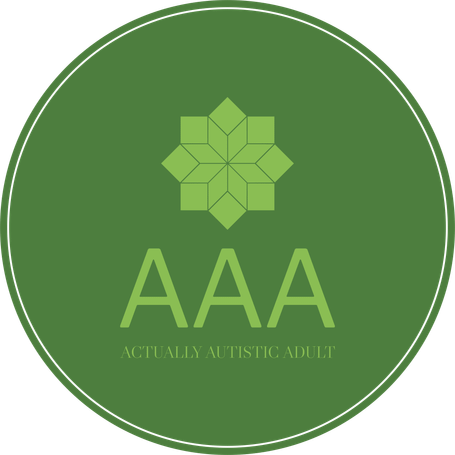On Our Own Terms - Emerging Autistic Culture (Martijn Dekker, 1999)
Written in February 2024
I'm sure my fellow neurodivergent readers will appreciate the feat I accomplished by finally reading one of the PDFs I've had open for over a year (open so I don't forget about it, because if it's not one of the things that automatically re-opens when my computer decides to crash {obviously nothing to do with the vast amount of documents and tabs open...} then I will definitely forget it exists), Martijn Dekker's rather excellent 1999 essay On Our Own Terms: Emerging Autistic Culture.*
This piece is 25 years old, yet it still feels very fresh in some ways. While he does use the phrase “high-functioning autism”, not only was that the language at the time, that was the progressive language of the time. Remember that when this was written (and in fact one of the reasons why this was written) the commonly held view of autism was that it was a “boy” thing, that being nonspeaking was the norm, and that intellectual disabilities were part and parcel of being autistic. Dekker's paper is one of the pivotal moments in the early stages of the self-advocacy movement.
The piece states a preference for identity first language – this has been a preference for over a quarter of a century yet we are still having to explain this to people who (still) see autism as a bad thing, who prefer the person-first syntax which separates the autism from the person.
Many of the points in the paper are ones we are still advocating for now. While this cheers me on one hand, because it shows that many of the current terms and paradigms are established in the community, it saddens me that we are still having to push for this to be accepted by wider society and by some medical professionals today. It shows me that we've been clear about this, as a community, for a very long time.
I particularly liked the discussion on the roles of activism (what we might now call advocacy, within the community). Activism/advocacy connects people and provides support, either through mutual understanding and presence in support groups or through signposting to resources and information. Now, a lot of the information and resources we can signpost are made by autistic people, for autistic people and aren't merely regurgitations of medical literature.
Martijn says “Mutual validation through emotional support can also be counted as a form of self-advocacy”. Advocacy isn't all about “shouting” and promoting dogmatic approaches to neurodiversity, as it is sometimes perceived. This activity can be seen to support and help people either directly through promoting a resource or thought that helps someone in the moment, and in a more general sense by being a visible community in which autistic or neurodivergent people can feel accepted.
In the early days of the internet when InLv was a pioneering place of assembly for autistic people the idea of community was revolutionary, and it is still something we are using and finding useful today. What starts out as activism or advocacy becomes an act of mutual support. I have seen this in online and offline movements, notably the Occupy movement.
What came out of these formative co-operative groups forms the basis for the most groundbreaking autism research today. The following aspects were recognised as a result of this online community:
- Male to female ratio was around 1:1, not skewed towards males though females were more likely to be self diagnosed and “peer reviewed” by the diagnosed males
- Inertia
- Simultane capacity – multi tasking or split attention
- Face blindness
- Auditory processing disorder
- Different sense of the passing of time
These are all things that clinicians have historically ignored or found it hard to reconcile with the commonly held stereotypes. They are things that autistic and neurodivergent people today are still only finding out about from their peers, and not from the medical community where many people first turn expecting to find support and information.
There's a lot more I could say about this paper, but I urge everyone to read it for themselves and make their own musings on the content and the intent.
*If you too want to have this open on your device for an inestimable length of time before reading it** you can find it here: https://www.autscape.org/2015/programme/handouts/Autistic-Culture-07-Oct-1999.pdf
**Don't leave it ages, it's really worth a read.
We need your consent to load the translations
We use a third-party service to translate the website content that may collect data about your activity. Please review the details in the privacy policy and accept the service to view the translations.
